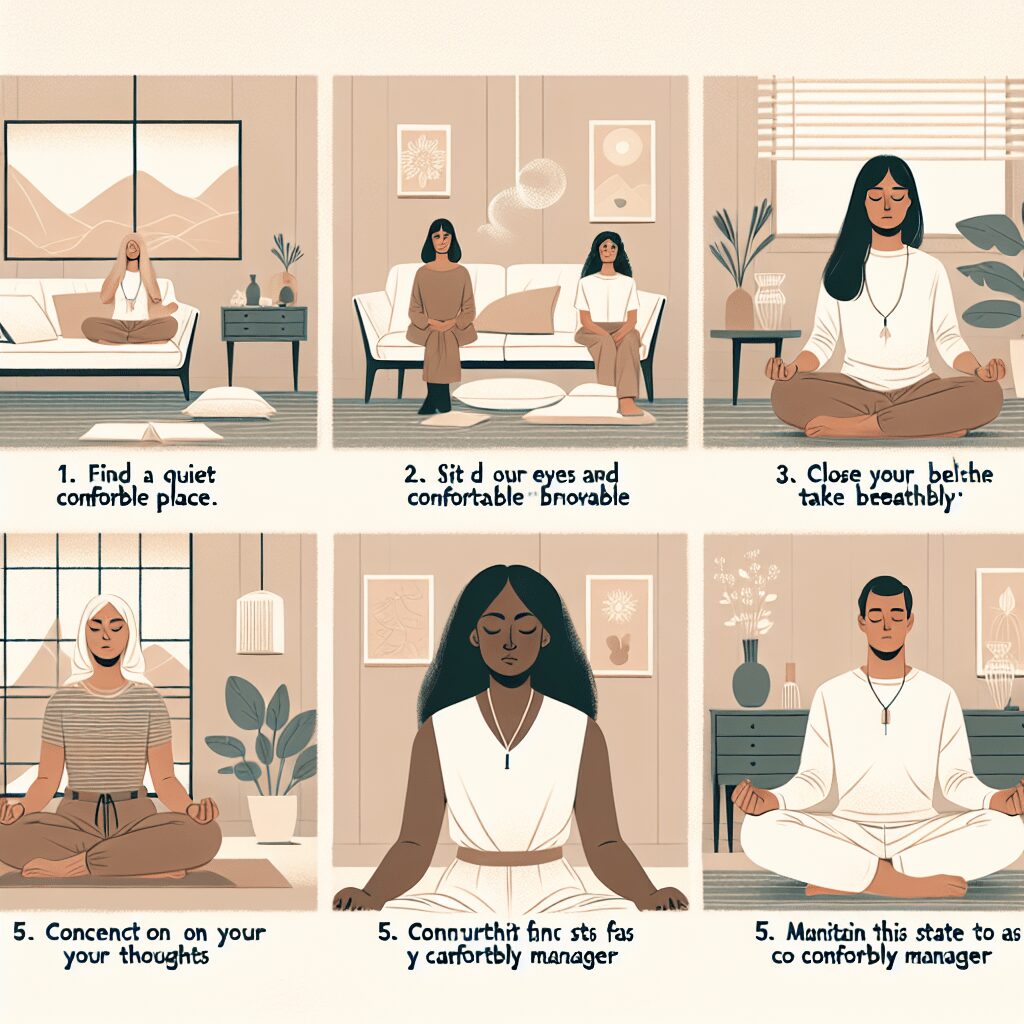
Prioritize your mental well-being daily. Enhance your life by nurturing your mental health with the Smart Meditation app. Break free from stress, alleviate anxiety, and enhance your sleep quality starting today.
Is Reassurance Bad For Anxiety?
Unraveling the Complex Ties Between Reassurance and Anxiety
In the intricate dance of mental health, reassurance often takes center stage, particularly when anxiety enters the room. It’s a knee-jerk reaction to offer comfort and assurances to those we see grappling with worry. However, the relationship between reassurance and anxiety isn’t as straightforward as it appears. In fact, it might just lead to an unexpected tango, where one step forward could mean two steps back. Let’s take a closer look.
The Double-Edged Sword of Reassurance
At first blush, reassurance seems like the knight in shining armor for someone facing the dragons of anxiety. After all, what’s the harm in telling a friend that everything will be alright, especially when they’re lost in a forest of fears? Surprisingly, the armory of good intentions can sometimes become a bit of a Pandora’s box.
A Temporary Fix
The immediate effect of reassurance is often a sigh of relief. Like a soothing balm, it calms the nerves and for a moment, the world seems a brighter place. However, this solace is often fleeting. The core issue with chronic anxiety is its uncanny ability to question, doubt, and then question some more. When the balm wears off, the original anxiety not only returns but sometimes does so with a vengeance, seeking another assurance fix.
Fostering Dependency
Ever heard of the saying, “Give a man a fish, and you feed him for a day; teach a man to fish, and you feed him for a lifetime”? Well, incessant reassurance seeking and giving is akin to constantly supplying fish without ever visiting the riverside. In the long run, an individual’s ability to self-soothe, to challenge and rationalize their own anxious thoughts, is diminished. They may begin to rely solely on external sources of comfort, a dependency that’s neither healthy nor sustainable.
The Alternative Path: Building Resilience
So, if reassurance is a no-go, what’s the plan? Fear not, for the journey through anxiety doesn’t have to be a solo trek. The key lies in empowering oneself or others to build resilience and coping mechanisms that address the root of anxiety.
-
Encourage Problem-Solving: Instead of immediately jumping to reassure, engage in a dialogue that encourages the individual to identify and confront the source of their anxiety. This strengthens their problem-solving muscles and fosters a sense of autonomy.
-
Teach Mindfulness and Acceptance: Learning to live in the moment and accepting that uncertainty is a part of life can significantly reduce the anxiety that constantly seeks reassurance.
-
Promote Positive Self-Talk: Empower those wrestling with anxiety to challenge their negative thoughts and replace them with positive affirmations. This internal reassurance is much more sustainable and empowering.
-
Seek Professional Guidance: Sometimes, anxiety is a beast too formidable to face alone. Encouraging the pursuit of professional help, be it through therapy or counseling, can provide the tools and support needed to manage anxiety effectively.
Treading the Tightrope with Grace
The dance with anxiety and reassurance is indeed a delicate one. While the intention behind offering reassurance is noble, it’s crucial to recognize when it transforms into a crutch rather than a cure. By fostering independence, resilience, and healthy coping mechanisms, we can support ourselves and our loved ones in navigating the stormy seas of anxiety with a robust sail rather than a fleeting lifebuoy.





